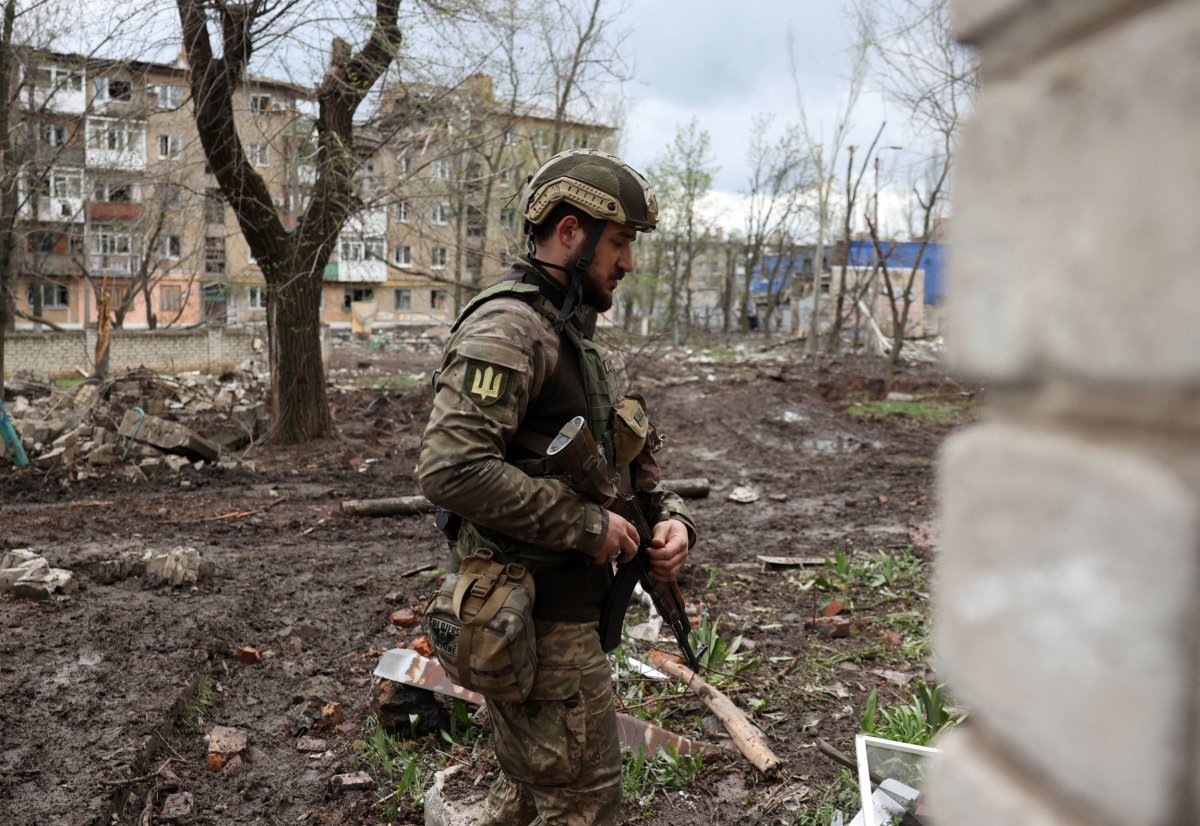The presence of Indian nationals on the Russian side of the Ukraine conflict raises broader questions about the ethics of foreign combatant recruitment
 KRC TIMES Desk
KRC TIMES Desk

Bhopinder Singh
The issue of Indians fighting along with the Russian forces in the Ukraine War is particularly piquant, given India’s historic relations with the Soviet Union earlier and Russia now. The fact that many had claimed to have been ‘forced’ to fight had forced the Indian Government to intervene. It is a claim that hasn’t been conclusively confirmed as the Indian Embassy was aware of many Indians having signed up for support jobs in the Russian Army.
Pending confirmation that their terms of service had been unfairly and involuntarily extended to fight on the frontline, the Indian authorities had formally sought their discharge. It further advised Indians to “exercise caution” and “stay away from this conflict” – diplomatese for dissuading Indians from joining any Russian Army, in any capacity, given the situation.
But as it routinely happens e.g., as it happened with advisories to Indian students to leave Ukraine before the full-fledged assault, some heeded the call and some didn’t, till the situation became desperate and inextricable for them. The Russians have been particularly keen to swell their ranks with foreigners given the heavy loss of lives in the bloody stalemate and the accompanying sense of fatigue and despondency amongst its combatants.
The inclusion of private militias like the ‘Wagner Army’ is under that impulse. But the inclusion of individual foreigners is a formalized initiative that can be traced back to Law 29 March 1998 ‘On Military Obligation and Military Service’ – which has since then been made increasingly attractive and lenient to attract new intake. Talks of individuals from Central Asian Countries (for the Soviet Union), Cuba, Afghanistan, Nepal, Syria, Somalia etc., have been doing the rounds.
For these foreign inductees, besides the relatively lucrative salary ($2000-$3000), the additional lure of Russian citizenship is dangled. Estimated to be numbering in thousands, BBC reported that as of last year’s end, 254 foreigners had been killed in the conflict. How many of them had enlisted for support jobs and how many were forcibly taken for active combat, remains a matter of conjecture.
The tact of enlisting ‘mercenaries’ is an old and convenient practice, as besides the relatively low levels of accountability, they also come with the plausible option of deniability. Under the International Criminal Court and the International Humanitarian Law, the status of ‘mercenary’ does not constitute a specific crime. But they are not entitled to the status of ‘prisoner of war’ and its necessities.
The idea is to discourage mercenaries as material greed-based and amoral entities as opposed to soldiers of the nation who are driven by a sense of national purpose, patriotism, and professional excellence.To qualify as ‘mercenaries’, six criteria need to be fulfilled.
Firstly, the person is specially recruited internally/abroad. Secondly, the belligerent participates in conflict. Thirdly, he/she is motivated by private gain, as promised by one side in the conflict. Fourthly, they are not national, resident or interested party in the said conflict.
Fifthly, they do not belong to the militaries of either side. Sixthly and lastly, they have not been sent by a non-interested state on any official duty as a member of their military. Therefore, it could be presumed some Indians who are unfortunately caught in a form of combat that they probably had not imagined whilst signing up, and may still qualify as ‘mercenary’.
Such a scenario does not reflect well on the nation as it is suggestive of limited job opportunities domestically and therefore suggests societal desperation which is understandable for broken nations like Somalia or Syria, but not India.Sadly, portents of ‘cannon fodder’ or even ‘human trafficking’ are rife, but given the opaqueness that surrounds the Russian reality, nothing can be confirmed. Such times birth human trafficking networks that paint a very different picture to recruit the gullible when the truth is starkly different.
There have been gut-wrenching pleas from some Indians beseeching the Indian authorities to secure their release, with some losing their lives, soon after that. The Indian External Affairs Minister is believed to have reiterated his concern to his Russian counterpart during a recent bilateral in Astana, Kazakhstan. To the query, if S Jaishankar had taken up the issue of stranded Indians, he assured, “Very clearly and strongly… several Indians have been pressed into service with the Russian Army.

Only when they come back will we know the full circumstances. But whatever the circumstances are, to us it is unacceptable that Indian citizens find themselves in the army of another country in a warzone. I told him that we seek their cooperation and that they are our friend and partners.
We have to find a way so that these people can return to India as quickly and effectively as possible.” Thankfully, despite the ostensibly pro-Ukraine position taken by Delhi, it has maintained a parallel and strong relation with Russia, replete with non-linear moves as part of its ‘strategic independence’.
However, while the government had initiated the needful from Russian authorities, there is a reciprocal expectation of Indians abroad to heed advisories, and not wait for situations to deteriorate.
No right-thinking country would encourage its citizens to partake in conflicts given the diversity of complex geopolitical and societal ramifications, amongst which guaranteeing their safety would be paramount.



